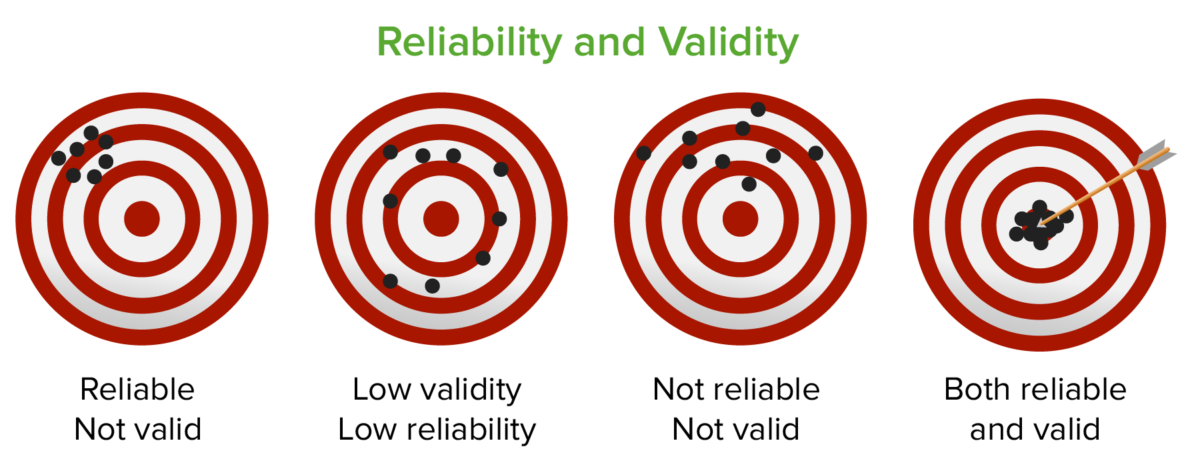Introduction
Managerial selection plays a pivotal role in determining an organization’s long-term success. Managers influence productivity, employee engagement, and organizational culture. Consequently, selecting individuals with the right mix of skills, personality traits, and values is critical (Cascio & Aguinis, 2018). Effective managerial selection involves defining managerial effectiveness criteria, using validated selection instruments, and regularly evaluating selection procedures to ensure fairness and accuracy.
Read More: Personnel Psychology
Criteria of Managerial Effectiveness
Managerial effectiveness refers to the extent to which managers achieve desired outcomes through others. According to Aamodt (2015), key criteria include:
- Goal Achievement – The ability to meet performance targets in alignment with organizational objectives.
- Leadership Competence – Skills in motivating, guiding, and developing subordinates.
- Decision-Making Quality – The capability to analyze information and choose optimal solutions under uncertainty.
- Interpersonal Skills – Effective communication, conflict resolution, and relationship management.
- Adaptability – Flexibility in responding to environmental changes and unexpected challenges.
- Ethical and Cultural Awareness – Acting in ways that uphold organizational values and navigate diverse workforces (Cascio, 2010).
Cascio and Aguinis (2018) stress that managerial effectiveness is multi-dimensional; it cannot be captured solely by output metrics. Both task-oriented and people-oriented criteria are necessary for accurate evaluation.
Selection Instruments
a. Personality Inventories
Personality inventories assess enduring traits that influence how individuals behave in managerial contexts. The Five-Factor Model (FFM)—openness, conscientiousness, extraversion, agreeableness, and emotional stability—has been widely validated in predicting managerial performance (Aamodt, 2015).
For example:
Conscientiousness correlates with dependability and goal achievement.
Extraversion aligns with leadership and communication.
Emotional stability predicts resilience under pressure.
Common instruments include the NEO Personality Inventory and California Psychological Inventory. When used correctly, personality assessments can help identify candidates with leadership potential and cultural fit (Cascio & Aguinis, 2018).
NEO Personality Inventory
b. Interest Inventories
Interest inventories measure the types of activities and work environments a person enjoys, offering insights into motivational fit. Holland’s RIASEC model (Realistic, Investigative, Artistic, Social, Enterprising, Conventional) is a common framework. For managerial roles, “Enterprising” and “Social” interests often align with leadership and team-oriented activities (Cascio, 2010).
While interest inventories are less predictive of performance than cognitive ability tests, they can inform career development and retention strategies by aligning roles with individual preferences (Aamodt, 2015).
Evaluating Selection Procedures and Techniques
Evaluation ensures that managerial selection processes are valid, reliable, fair, and legally defensible.

Reliability Vs Validity
a. Validity
Validity measures how well a selection tool predicts job performance. Cascio & Aguinis (2018) describe three main types:
Content Validity – Does the tool assess relevant managerial competencies?
Criterion-Related Validity – Does performance on the tool correlate with actual managerial success?
Construct Validity – Does it measure the intended psychological traits?
A selection procedure with low validity can lead to poor hiring decisions, resulting in costly turnover and reduced productivity.
b. Reliability
Reliability refers to the consistency of a selection tool’s results over time or across raters. For instance, structured interviews with clear scoring rubrics tend to have higher inter-rater reliability than informal interviews (Aamodt, 2015).
c. Fairness and Legal Compliance
Selection methods must be free of adverse impact and comply with equal employment opportunity laws. Regular statistical analysis of selection outcomes helps detect unintended bias (Cascio, 2010).
d. Cost-Benefit Analysis
Even valid and reliable tools must be cost-effective. Assessment centers, for example, provide rich data but require significant resources; their use should be justified by the importance and complexity of the managerial role (Cascio & Aguinis, 2018).
e. Continuous Improvement
Evaluating selection effectiveness involves tracking metrics such as managerial performance, retention rates, and employee engagement. Feedback from stakeholders can help refine tools and processes. Over time, organizations can adapt selection methods to changing strategic needs and labor market conditions (Aamodt, 2015).
Integrated Approach to Managerial Selection
No single selection method can capture the full complexity of managerial potential. Cascio (2010) recommends a multiple-hurdle approach, where candidates progress through stages that combine various tools:
- Initial screening with biodata or cognitive ability tests.
- Personality and interest inventories for motivational and cultural fit.
- Structured interviews or assessment centers for behavioral evaluation.
Using multiple tools increases predictive validity while balancing efficiency and fairness.
Role of Technology in Managerial Selection
Digital platforms now enable organizations to administer personality inventories online, analyze assessment data using AI, and monitor hiring metrics in real-time. AI can identify patterns in managerial success and suggest candidates with similar profiles. However, as Aamodt (2015) cautions, reliance on algorithms must be balanced with human oversight to avoid reinforcing existing biases.
Conclusion
Managerial selection is a strategic process requiring clear effectiveness criteria, valid and reliable instruments, and ongoing evaluation. Personality and interest inventories provide valuable insights into potential fit, while rigorous evaluation ensures fairness and legal compliance. An integrated, multi-method approach—enhanced by technology but grounded in human judgment—offers the best chance of identifying managers who will drive organizational success (Aamodt, 2015; Cascio, 2010; Cascio & Aguinis, 2018).
References
Aamodt, M. G. (2015). Industrial/organizational psychology: An applied approach. Cengage Learning.
Cascio, W. F. (2010). Managing human resources; Productivity, quality of work life profits. McGraw-Hill Education.
Cascio, W. F., & Aguinis, H. (2018). Applied psychology in human resource management. Pearson.
Niwlikar, B. A. (2025, August 18). Managerial Selection and 6 Important Criterias For It. Careershodh. https://www.careershodh.com/managerial-selection/
